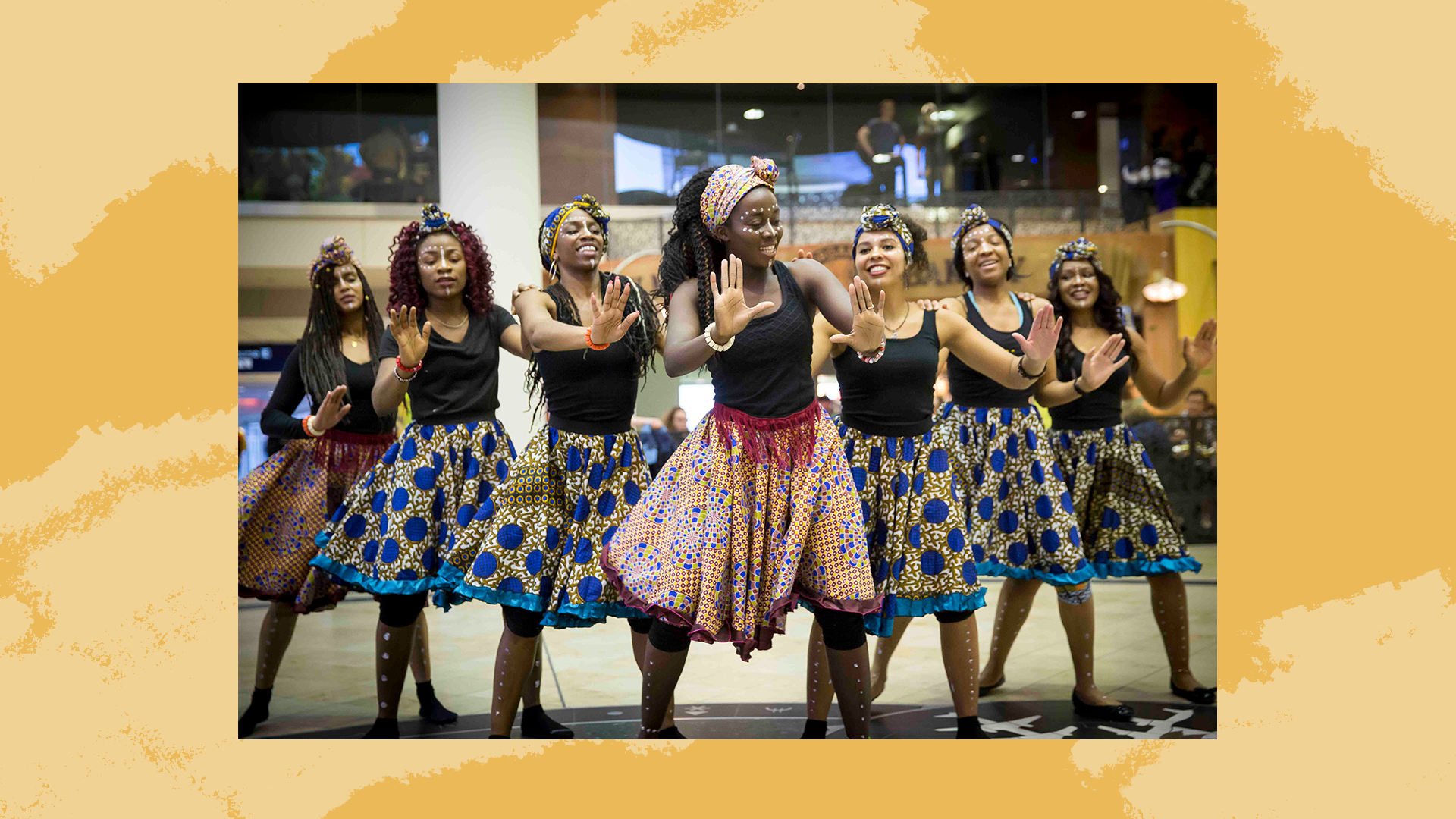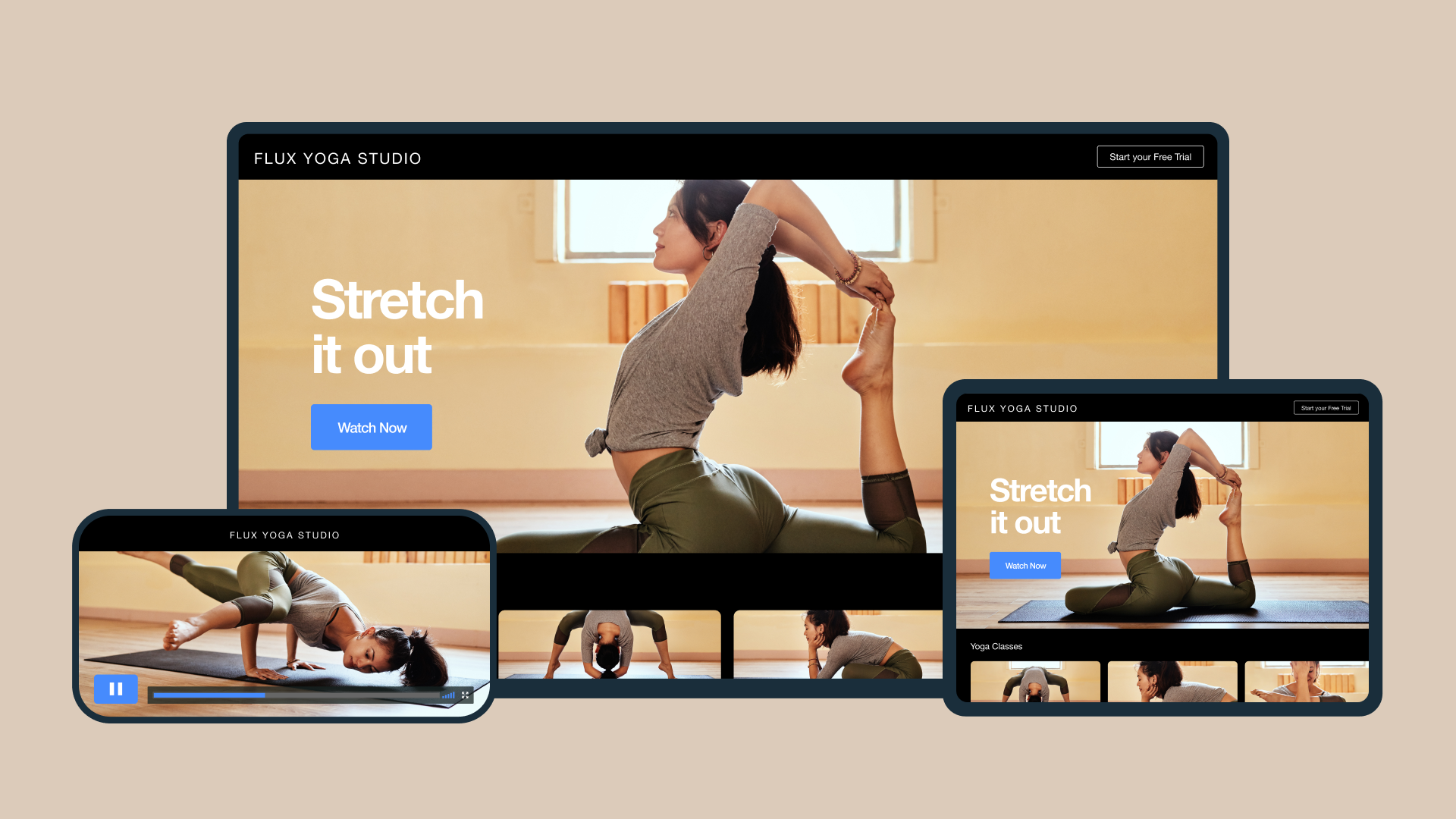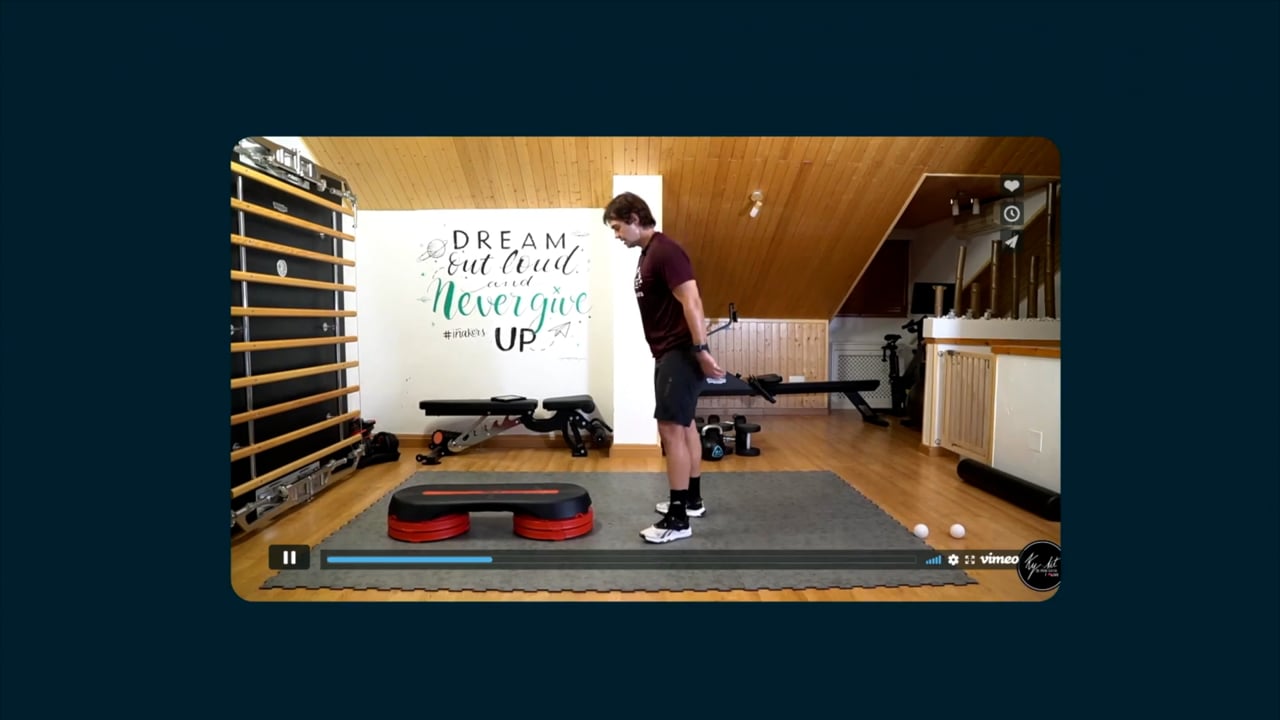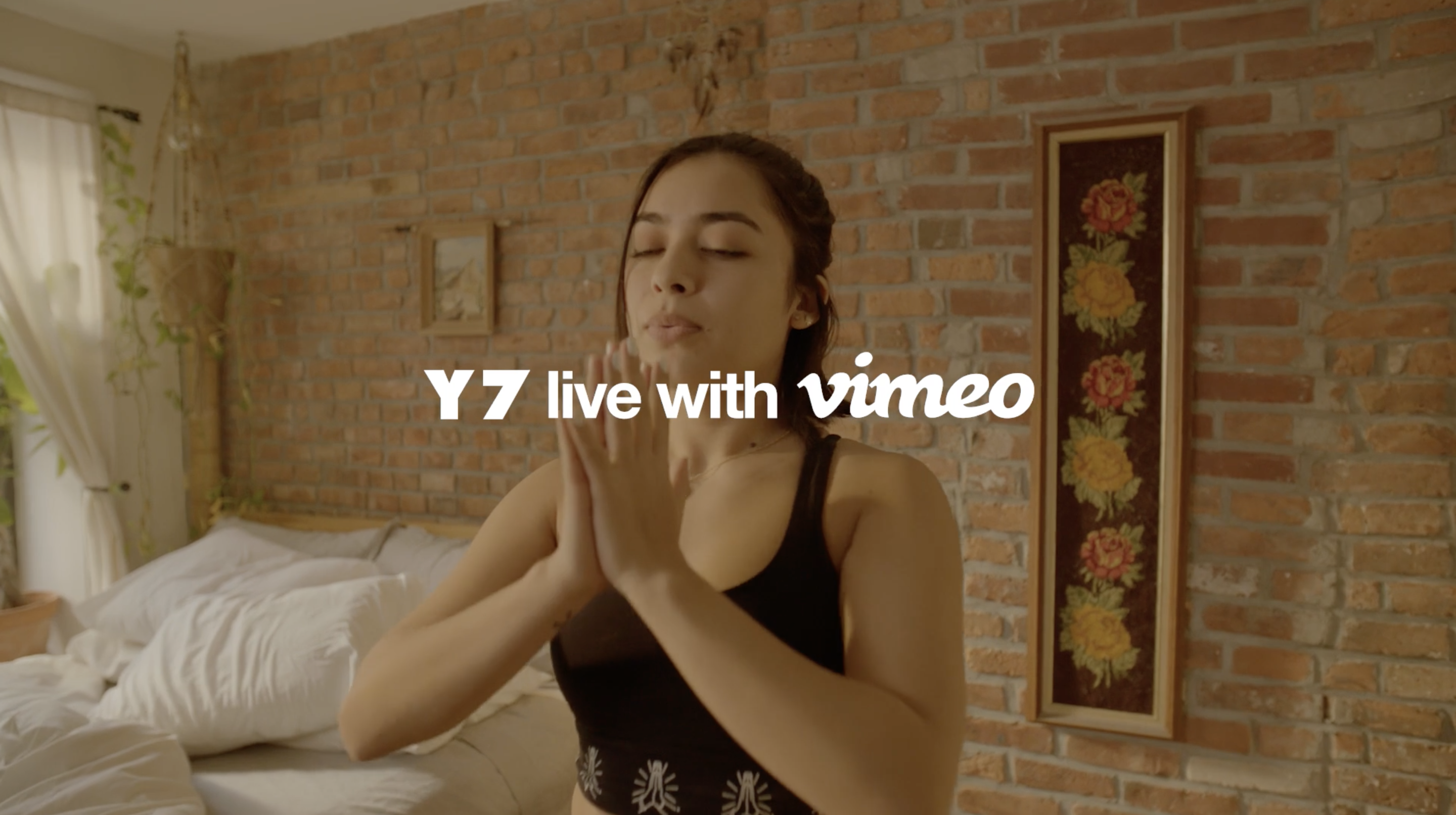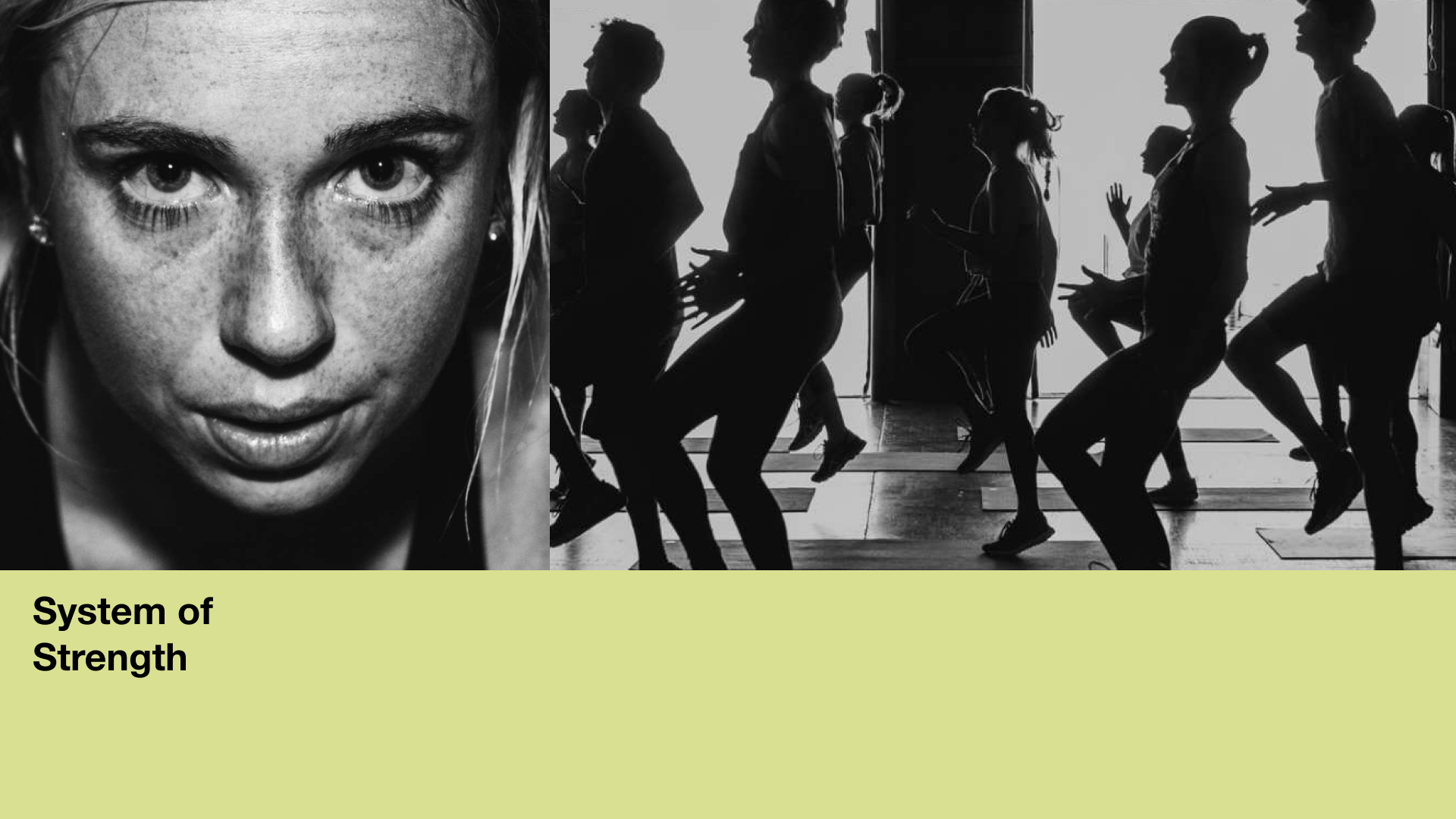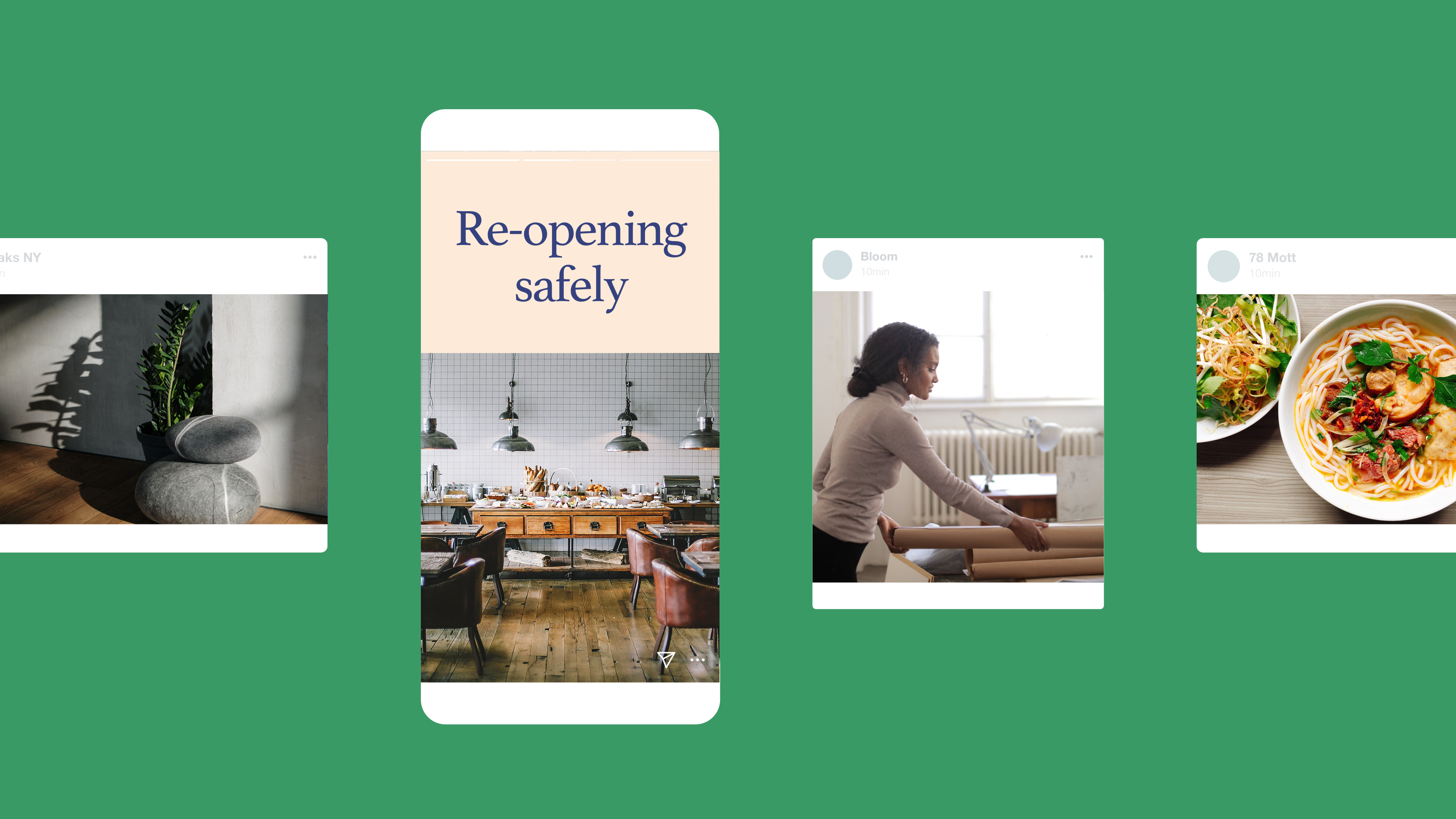For Afrocontigbo founder Korma Aguh-Stuckmayer, dancing has always been a passion. “I have been dancing socially since I was a little girl in my hometown of Owerri, Imo State in Nigeria, West Africa,” she says. After moving to Minnesota for college in 2002, Korma realized how much she missed dancing, and began to pursue work as a choreographer and dancer shortly before she graduated. “In 2014, I founded my own dance company, Afrocontigbo.” Since then, Korma has led multiple classes a week teaching dance that blends traditional West African dances with current, contemporary moves.
When her studio was forced to shut down due to COVID-19, Korma was initially hopeful that her next scheduled performance event with her local dance group would go ahead as planned — so they took their practice session online via Zoom. That was when she realized that online classes might be a useful fix to her newly distanced reality. “I researched classes and started promoting online,” says Korma. “I feared that no one would attend, but I was committed to showing up. To my surprise, people would log in every time.”
Now, Korma is hosting a slate of weekly classes available online for an audience that has since grown much larger than her initial Minnesota-based community, and uses Vimeo Create to promote upcoming classes on social. “I plan to continue to create video content weekly, and have ongoing online classes at least twice a week,” says Korma. “Some of my new students are not in Minnesota and I would like to stay connected with them if they want.” We caught up with Korma to hear more about how she’s keeping her business running amidst unprecedented challenges, and hear the tips she has for other small business owners looking to take their business virtual.
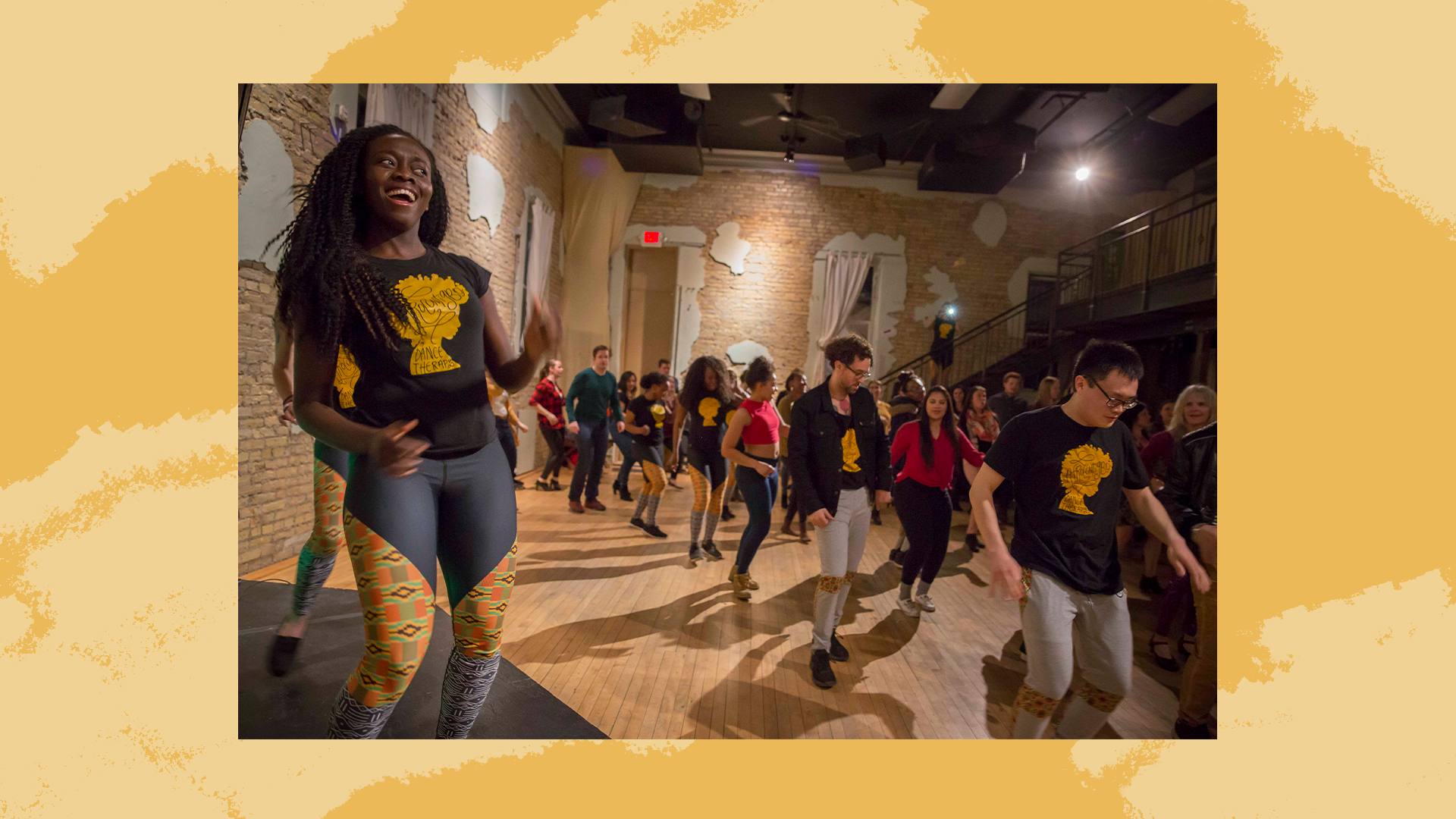
1. Just show up
When Korma first launched online classes, she didn’t let her lack of experience with virtual teaching stop her from diving right in. “I feared that no one would attend my first online classes, but I was committed to showing up,” recalls Korma. “I started classes 5 times a week and to my surprise, people would log in every time.” By providing a safe space for her clients to learn and dance, Korma is able to bring her community together, and meet them wherever they are in their practice. “After class, I could see the smile on their faces and that’s what kept me going.”2. Don’t expect it to be perfect
“At the end of the day my classes are not about perfection,” says Korma. “I remind students that they are here to move and learn a new skill or practice old ones and as long as they can move, they are winning.” The same goes for any small business owner — if you’re standing up a virtual experience for the first time, understand that not everything is going to go smoothly, and that’s okay. “Nobody has interactive online classes figured out 100% yet, so take it easy on yourself,” reminds Korma.3. Keep learning
“Every week, I learn something new about technology to make the experience better,” says Korma. “My advice is to take things one at a time.” One of Korma’s biggest learning curves was the sheer amount of content she needed to create — and fast. “I needed a way to show the world what I did and what I could do. I’ve had a Vimeo profile for a while, but I used it more for personal use. Now I had to think from a business point of view.”Korma uses Vimeo’s Business tools to host her videos, and Create to craft social-ready announcement videos. “Video has not changed how I teach dance too much, but having interactive online classes has made me approach the business differently,” she says.
